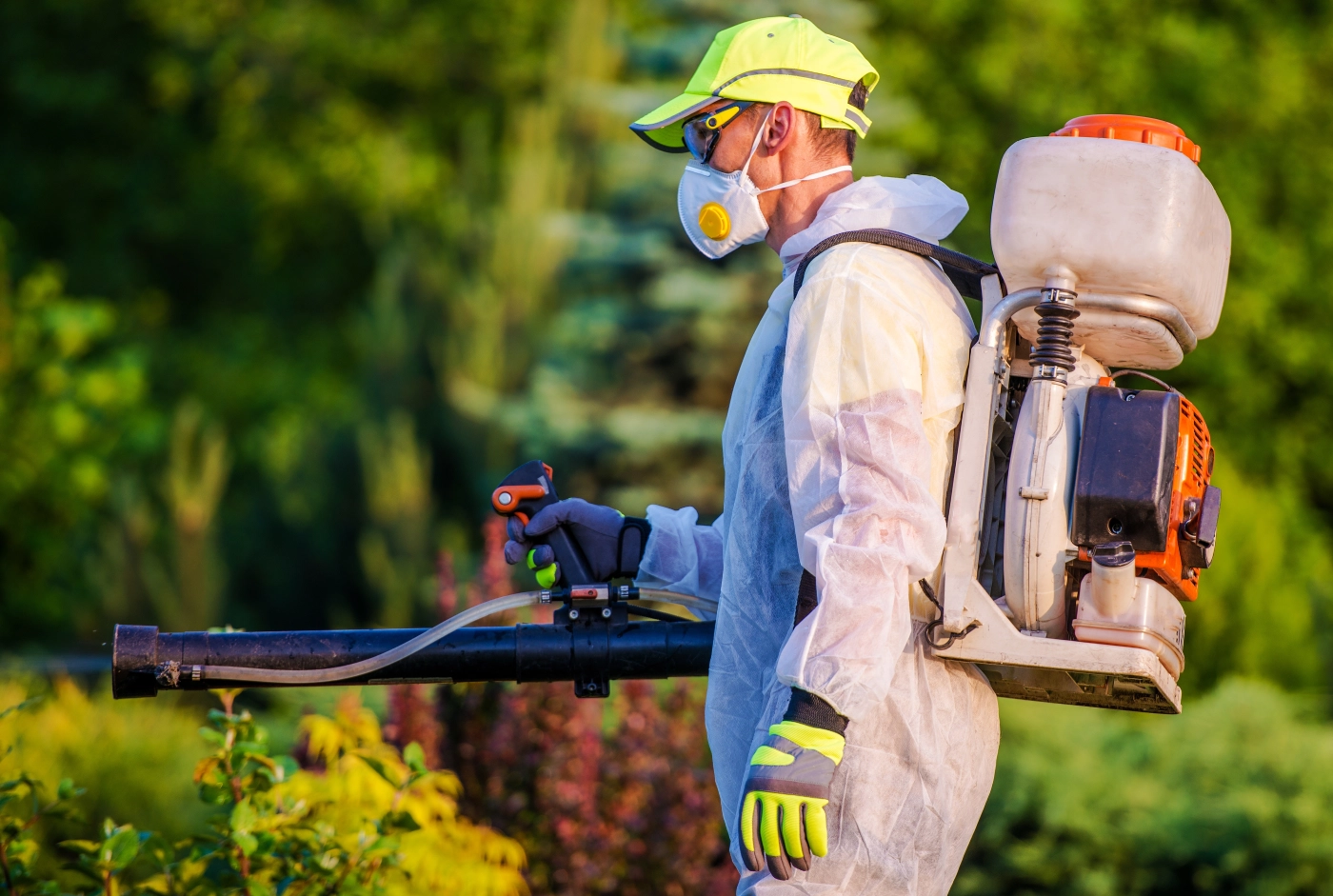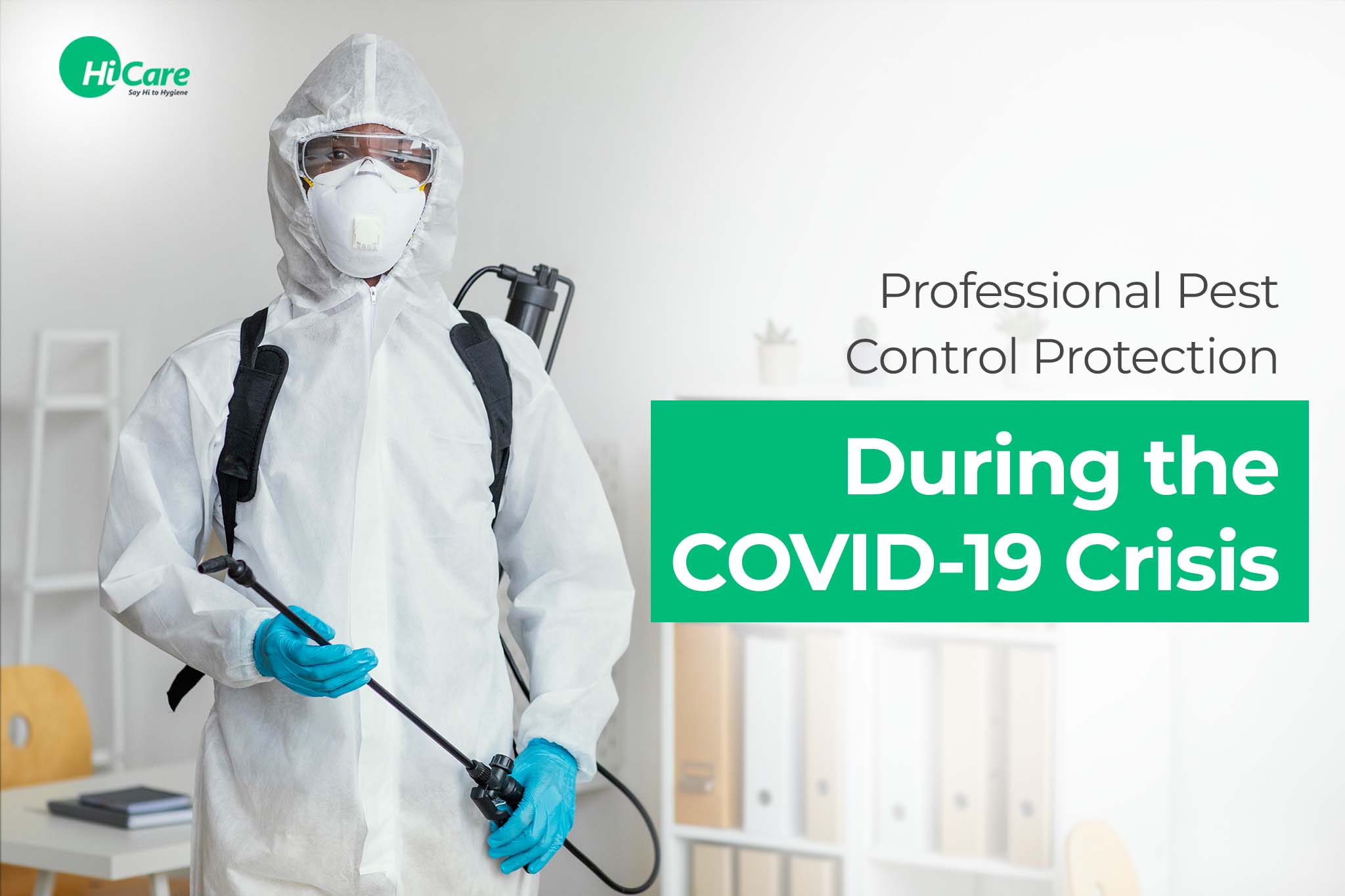Recognizing the Various Techniques to Insect Control: A Comprehensive Overview

All-natural Parasite Control Approaches
Using green strategies such as companion growing and organic insect control is crucial for effectively managing pests in farming settings. Friend planting includes growing different plants in closeness to hinder insects, enhance nutrient uptake, and improve total crop health.
Organic bug control includes introducing all-natural killers or microorganisms to regulate pest populations. Ladybugs, for instance, feed upon aphids, managing their numbers without the requirement for chemical pesticides. Another instance is using Bacillus thuringiensis (Bt), a microorganism that targets certain insect pests while being safe to humans, pets, and helpful insects.
These eco-friendly approaches not only lower the reliance on artificial pesticides yet also aid preserve biodiversity and dirt health. By integrating all-natural parasite control methods into agricultural techniques, farmers can accomplish sustainable insect monitoring while reducing negative effect on the atmosphere.

Chemical Insect Control Solutions
Along with natural parasite control methods, the use of chemical pest control services plays a substantial role in successfully taking care of pest populaces in agricultural environments. Chemical pest control services are developed to target certain parasites that might cause extensive damage to crops. These services typically have artificial chemicals that are developed to remove parasites quickly and effectively.
One of the essential benefits of chemical bug control options is their performance in regulating parasite problems widespread. Farmers can use these solutions using various methods such as splashing, airing out, or seed therapy to secure their crops from dangerous bugs, weeds, and illness. Furthermore, chemical bug control options are fairly simple to apply and can offer rapid results, helping farmers guard their returns and decrease financial losses.
However, it is vital to use chemical parasite control remedies carefully to reduce potential unfavorable impacts on the setting, non-target organisms, and human wellness. Appropriate application techniques, adherence to safety and security standards, and regular tracking are important to ensure the liable use of chemical pest control options in agricultural techniques.
Biological Parasite Control Approaches
Organic pest control approaches take advantage of all-natural killers or virus to take care of pest populations in agricultural settings successfully. One usual organic control strategy is the intro of all-natural adversaries, such as ladybugs or parasitical wasps, to target specific pests.
One more organic control technique includes making use of virus like microorganisms, infections, or fungis to infect and kill insects. These microbial agents can be sprayed on plants or presented into the soil to deal with numerous pests without hurting link beneficial insects or other wild animals. Additionally, the use of scents to disrupt the breeding patterns of insects is another effective organic control method. By hindering their reproduction, this method aids to minimize insect populations without the demand for chemical treatment. Generally, biological pest control methods offer a lasting and targeted service to pest management in agriculture.
Integrated Bug Management (IPM)
Integrated Parasite Administration (IPM) is an extensive strategy that combines numerous insect control approaches to efficiently take care of and reduce pest populations in farming systems. IPM focuses on long-term avoidance of pests via a combination of biological, social, physical, and chemical control techniques. By incorporating these various techniques, IPM intends to reduce dependence on chemical pesticides, lessen ecological influence, and advertise lasting insect management methods.
One secret aspect of IPM is the usage of organic controls such as all-natural predators, bloodsuckers, and microorganisms to regulate parasite populations. This approach utilizes the power of nature to keep a balance between insects and their natural opponents without triggering injury to the setting.
Additionally, IPM involves cultural practices like crop habitat, rotation, and sanitation control to produce undesirable problems for bugs and interrupt their life process. Physical controls such as obstacles, composts, and catches are likewise used to prevent insect problems.
Mechanical and Physical Parasite Control Strategies
Utilizing non-chemical discover this info here methods, such as physical and mechanical bug control methods, is a critical aspect of detailed bug monitoring approaches, building on the foundation of Integrated Bug Monitoring's all natural technique. Mechanical bug control includes using physical barriers or catches to avoid insects from accessing and damaging crops or frameworks. This approach can consist of techniques like setting up screens on home windows, making use of row covers in agriculture, or using sticky catches to catch pests.
Physical insect control approaches, on the various other hand, concentrate on straight removing parasites via physical ways. For instance, using heat therapies to eliminate bed insects or vacuuming up insects like ants or crawlers can be efficient ways to take care of invasions without the use of chemicals. By including these physical and mechanical bug control techniques right into an Integrated Insect Management strategy, people and professionals can decrease reliance on pesticides while still efficiently lessening and handling pest populaces damage.
Final Thought

In addition to all-natural bug control methods, the application of chemical bug control services plays a significant duty in successfully managing pest populaces in agricultural settings.One of the essential advantages of chemical bug control services is their performance in managing insect problems on a big range.Integrated Insect Management (IPM) is a thorough method that incorporates different pest control approaches to efficiently you can check here take care of and reduce pest populaces in farming systems.Utilizing non-chemical techniques, such as physical and mechanical insect control strategies, is an important aspect of detailed pest administration strategies, developing upon the structure of Integrated Pest Administration's all natural method. By including these mechanical and physical bug control techniques right into an Integrated Parasite Administration strategy, individuals and professionals can reduce reliance on chemicals while still effectively handling pest populaces and minimizing damage.
Comments on “Bid Farewell to Vermin: Pest Control Clovis Experts at Your Service”